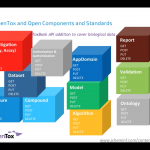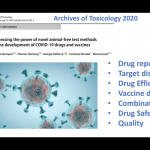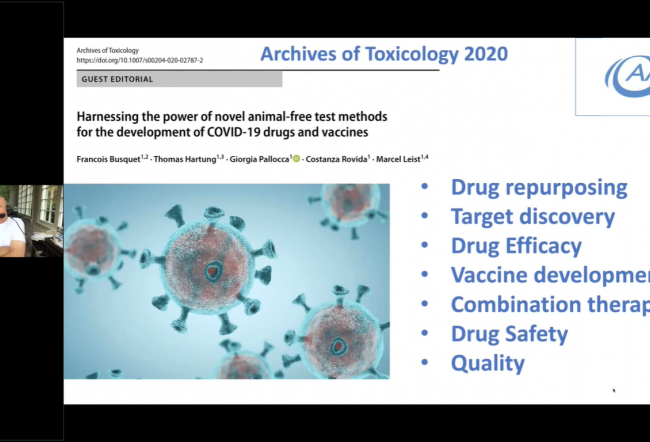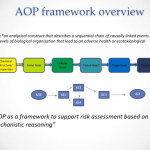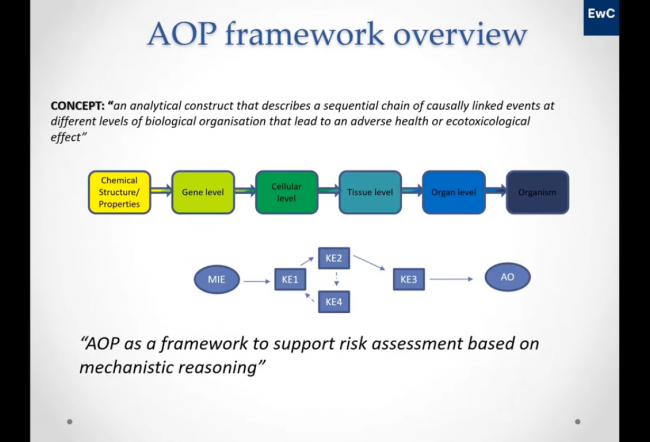$2.99
Collaborative development of predictive toxicology (3Rs India launch, New Delhi)
Connecting people and data for decision-making
- With OpenTox we encountered the world of knowledge work on a thousand islands. Not only was data on different islands unconnected by bridges, once one reached a new island, one often found that the data could not be easily found or shared and was described and organized in many different ways.
- We specified the open standards including ontology required to build a validated predictive toxicology model as the first set of OpenTox standards and APIs.
- The initial OpenTox Framework proposed the components and specifications for predictive toxicology based on the principles of semantic knowledge resource interoperability. OpenTox Application Programming Interfaces can accurately specify the information, including metadata and data, to be exchanged between different people, labs, and databases as written in software. We proposed and agreed that developing and using a common language was a critical challenge the community needed to take on. This ontology was a necessity if we were to reach a connected interoperable world of knowledge resources supporting intelligent design.
- Even with the current accelerated growth of big data and AI, we should recall that civilization is the source of knowledge and learning. Conversations and collaboration around the meanings of our data, methods, and evidence form a critical part of our sense-making and judgments.
- We are currently forming OpenTox Local Chapters including three planned here in India for launch in 2019. We are also initiating an OpenTox internship program supporting the activities and involvement of our younger scientists.
We are currently forming OpenTox Local Chapters including three planned here in India for launch in 2019.
With OpenTox we encountered the world of knowledge work on a thousand islands.

